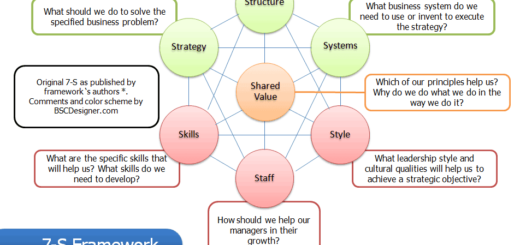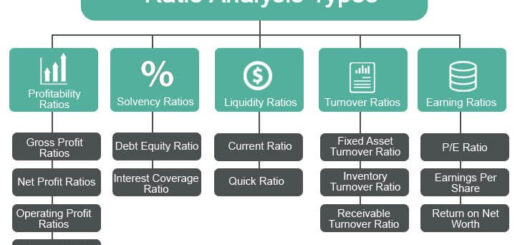Problem with Interview
While interviews are a common selection method used by organizations to evaluate job candidates, they are not without their problems. Here are some of the problems associated with interviews:
- Interviewer bias: Interviewer bias is a significant problem that can affect the selection process. Interviewers may have their own biases, preferences, and opinions that influence their evaluation of candidates. This can result in an unfair and inaccurate assessment of candidates.
- Limited information: Interviews may not provide enough information to make an informed decision about the candidate’s qualifications and experience. Candidates may present themselves differently in an interview than they do on the job. Additionally, some candidates may not perform well in interviews due to anxiety, nervousness, or other factors that do not reflect their actual abilities.
- Lack of standardization: Interviews can vary significantly depending on the interviewer, the questions asked, and the evaluation criteria used. This lack of standardization can result in inconsistencies in the selection process and a lack of reliability and validity.
- Halo effect: The halo effect occurs when an interviewer’s overall impression of a candidate influences their evaluation of specific attributes. For example, if the interviewer has a positive impression of the candidate, they may rate the candidate’s specific skills and qualifications more highly than they deserve.
- Stereotyping: Stereotyping occurs when interviewers make assumptions about candidates based on their age, gender, race, or other characteristics. This can lead to biased evaluations and a less effective selection process.
- Inability to assess job-related skills: Interviews may not provide a good opportunity to assess job-related skills or abilities, especially for technical or complex jobs. This can result in an inaccurate assessment of the candidate’s ability to perform the job.
In summary, interviews can be a useful selection method when used appropriately, but they are not without their problems. Employers should be aware of these problems and take steps to minimize bias, ensure standardization, and assess job-related skills effectively. Employers may also consider using additional selection methods, such as assessments or job simulations, to complement the interview process and provide a more comprehensive evaluation of candidates.




